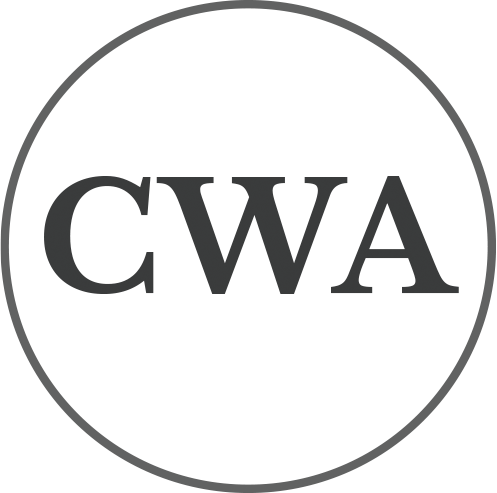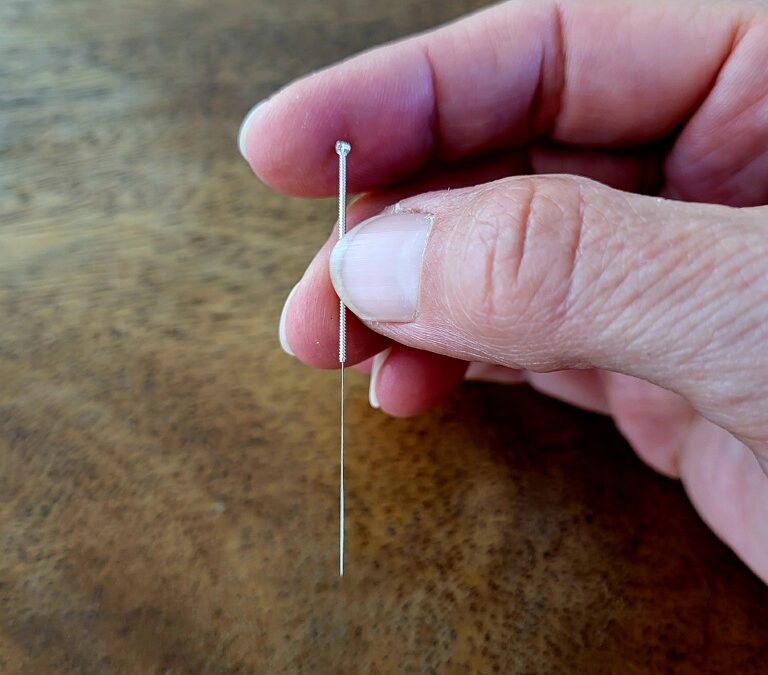All of my pain is a spider
I have learned not to crush
with the heel of my shoe
but to guide with a page
of my journal
into an empty glass
asking questions about its life,
its purpose, as I walk
careful out to the garden
and rest it down on the earth.
My pain, how happy it is
to leave me whenever
I treat it kind.
This verse by Andrea Gibson depicts their journey to understand their health. They knew a lot about living with pain. In 2021, they received a diagnosis of ovarian cancer and before that had lived with chronic Lyme disease for over 10 years. What I love about this depiction is the emphasis on being gentle and kind. The emergence of pain is asking to be explored and Gibson obliges. They reveal right away that they had to learn how to do this—not “crush” it. An atmosphere of patience permeates the image of guiding this visitor to another place with care.
Treating chronic pain and other lingering conditions with Classical Chinese Medicine (CCM) is a lot like this. Our primary tools are inquiry and acupuncture. Embarking on a course of acupuncture treatment requires the willingness to explore and the patience to see what emerges.
My colleague refers to acupuncture as a “slow” medicine. It takes time to work effectively to shift one from a state of illness into wellness. Like any medicine, one dose will not clear up a problem. You would never just take 1 Prozac pill and be free from depression or receive 1 dose of chemo and be cured of cancer. Most chronic conditions develop over time and a series of treatments are necessary to properly restore function. Acupuncture works best when used with frequency and the dosage depends upon many factors.
It is not always easy to be present with symptoms when they affect daily life. Often we feel betrayed when our bodies stop working like they always have. It can be frustrating, scary, and humbling. The CCM view of any illness, from the common cold to cancer, is one of change—an invitation to stop, look, assess, and alter what we can to support our health. We often want a change in our lives or our bodies without being willing to make any changes, though. Daverick Leggett writes, “when things go wrong, clients of western medicine are too often treated as victims, absolved of any responsibility and denied the opportunity to engage creatively with their own healing” (12).
The idea of creatively engaging with healing might make some people recoil, especially someone who is in pain or has lost function, or is facing a terminal diagnosis. It gets close to sounding like we are to blame when our health deteriorates. But really Leggett believes in our agency and the power we have to explore and recover our health.
Gibson models this idea beautifully in their verse, guiding the spider into an “empty glass.” Note that the glass is not half full or half empty, as the saying goes, but an available, open space of neutrality. The glass contains what ails them, holding it, as they inquire and put distance between themselves and it. There is relief by the end—also happiness and kindness. Gibson attests to the pain leaving, if only for a little while.
On July 1, 2025, Andrea Gibson passed away. Their life and death speaks to the distinction between healing and curing. I learned of their work through a podcast then followed on Instagram. Post after post showed a journey of undeniable deep healing and creative engagement. Sharing their experience was deeply courageous and generous. Healing doesn’t always mean resolving the physical problem but Gibson shows the effort is worth it.
You don’t have to be a poet or writer to engage with your health in a creative way. CCM treatments use the complement channels to help you find the “empty glass.” These pathways exist in your body from the most superficial to the deepest arena. They deal with pain—both physical and emotional—trauma, and other complex disease presentations. Together, we can help you shift your relationship to what’s happening and access your innate healing capacity.
Ready to begin the journey? Contact me to schedule an appointment. Call or text 562-477-5045. Email: cmwayacupuncture@gmail.com.

